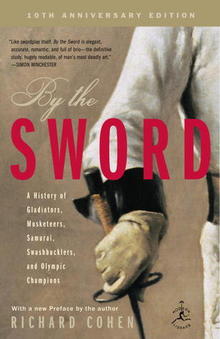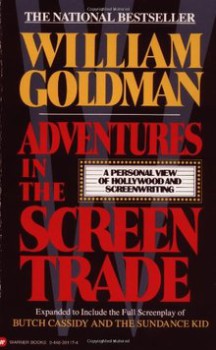A Rose By Any Other Name?
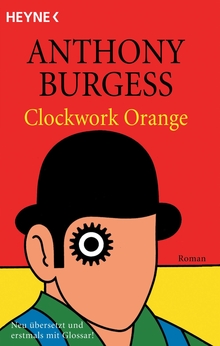 It was back when I was teaching a course on satire that I understood for the first time the true importance of characters’ names, and the titles of books. It’s more obvious, perhaps, in a satirical work than in any other, but names – whether of people or novels – are vitally important.
It was back when I was teaching a course on satire that I understood for the first time the true importance of characters’ names, and the titles of books. It’s more obvious, perhaps, in a satirical work than in any other, but names – whether of people or novels – are vitally important.
It behooves us as writers to pay them great attention.
To illustrate what I mean, let me show you an example from a satirical work that’s also considered SF, Anthony Burgess’ Clockwork Orange. What’s the significance of the title? We all know what an orange is, don’t we? A type of citrus fruit that grows in semi-tropical areas, which can be eaten, or made into juice, or marmalade or some other specimen of usefulness.
We all know what a clockwork is. A mechanism designed and built by humans to run other items or machines, initially clocks (hence the name), but subsequently a variety of other things. On a large scale, they could run factories, on a small scale, toys. We still find people who would say a “wind-up” or “clockwork” toy, particularly a “clockwork man.”
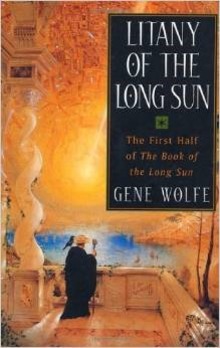
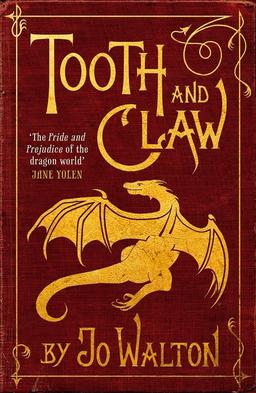
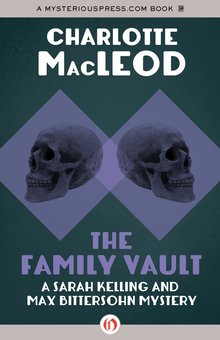
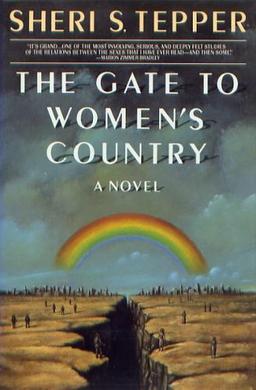
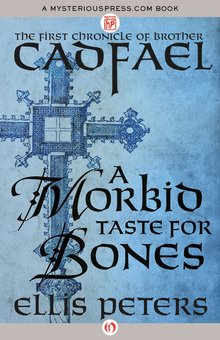
 Last weekend I took part in the first ever
Last weekend I took part in the first ever 